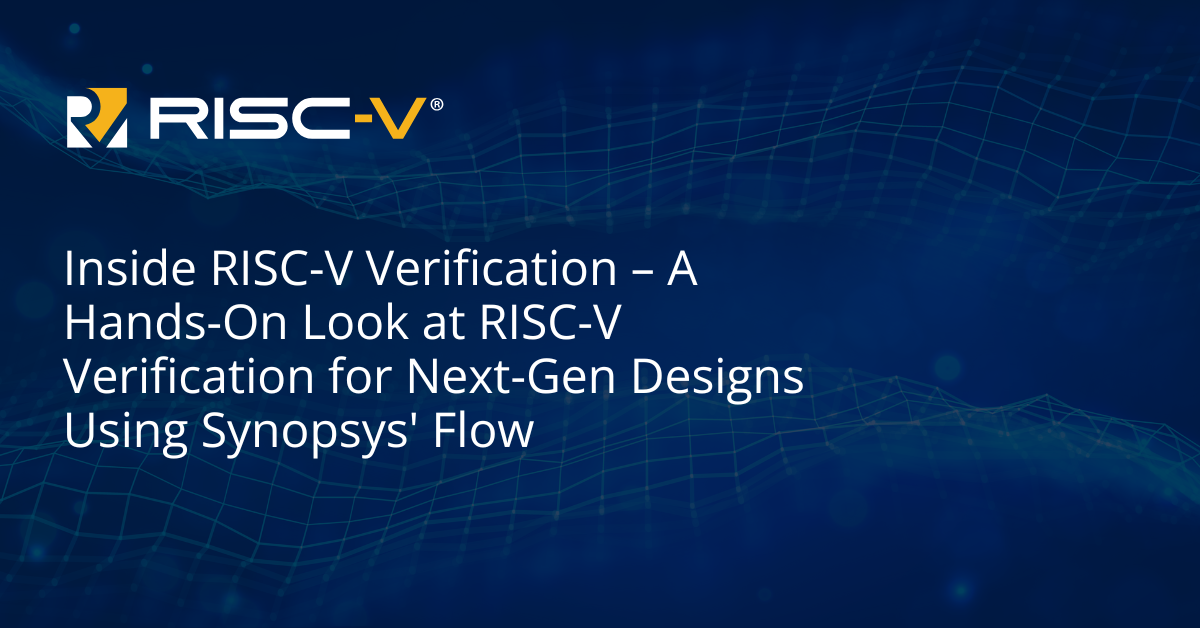July 1st, 2024 – The METASAT Project, a European Commission-funded initiative aimed at transforming satellite technology is pleased to announce significant progress after a year and a half of development. The project, which brings together leading experts from research institutions and prime companies in the space sector, continues reaching key milestones in its mission to revolutionize satellite-based solutions.
In the past year and a half, the consortium has made significant strides in advancing satellite technology, focusing on creating efficient, scalable, and reliable systems. By harnessing innovative solutions and fostering cross-sector collaboration, the project has reached several key milestones that are set to redefine satellite-based applications.
Major achievements:
- Update of the METASAT Hardware Platform: The latest version of the NOEL-V RISC-V space processor and Vortex GPU has been integrated into the METASAT hardware platform, along with its software support. This allows for the execution of GPU workloads on the FPGA prototype, significantly enhancing processing capabilities.
- Refinement of the METASAT Toolchain: The toolchain for modeling and code generation has been tailored specifically for RISC-V-powered high-performance platforms. It now features hypervisor support and support for AI and GPU accelerators. Additionally, a demonstrator called the “Character Detector” has been developed, leveraging accelerators for enhanced performance.
- Design of the METASAT Model-Based Integration Framework: Based on state-of-the-art standards (FMI – Functional Mockup Interface, TLM 2.0, and EUROCAE ED 247), this framework facilitates the integration and verification of the METASAT SW/HW platform with a data-driven model of the environment and a real test bench.
- Use case status: A representative satellite-embedded application software has been ported to the RISC-V platform and is now undergoing integration tests with the Model-Based Systems/Software Engineering components developed in other work packages. Real data from the OHB satellite EnMAP (kindly provided by the German DLR Space Agency) are being used and tailored for the development of a machine-learning Fault-Detection, Isolation, and Recovery system, accelerated with
SPARROW to demonstrate the processing power of the target platform. Additionally, two high-performance, space-relevant use cases from ESAOB’s PMark-ML Open-Source benchmarking suite have been ported to the METASAT hardware and software ecosystem.
- Virtualization Support: The XtratuM/NG hypervisor now supports the METASAT Hardware Platform, including the SPARROW Hardware Accelerator. The RTEMS 6 SMP Kernel has also been ported to this hypervisor from FENTISS and it now includes a new feature that allows system partitions to control the memory permissions of other partitions. Additionally, the Ethernet IO Server prototype now includes a lwIP device driver for RTEMS partitions, enhancing communication capabilities.
The METASAT Project remains committed to impacting the time and cost of developing new systems of satellite technology, leveraging the expertise of its diverse consortium and the support of the European Commission. Looking ahead, the project will focus on further refining its technologies, conducting testing, and preparing for the deployment of its solutions in operational satellite missions.
For more information about the METASAT Project and its ongoing developments, visit the project website www.metasat-project.eu
About METASAT
METASAT (Modular model-based dEsign and Testing for Applications in SATellites) is a 24-month Research Innovation Action funded by the European Commission, which was launched on 1 January 2023. With a budget of € 1,999,500, the project addresses high-performance computing platforms within the space domain. It will introduce a holistic and modular model-based design framework to design and test software modules that target open hardware, and high-performance computing platforms. The project consortium comprises five partners from three nationalities, all of whom have extensive experience in the safety-critical and aerospace domains.

METASAT has received funding from the European Union’s Horizon
Europe programme under grant agreement number 101082622.


